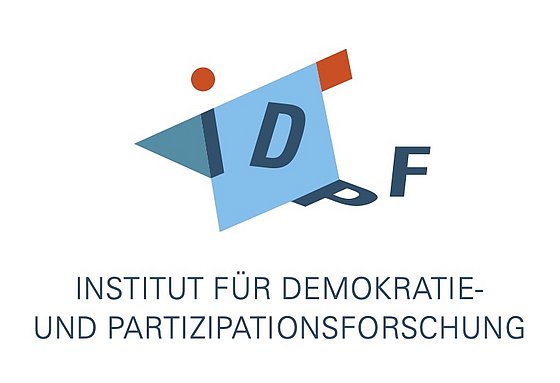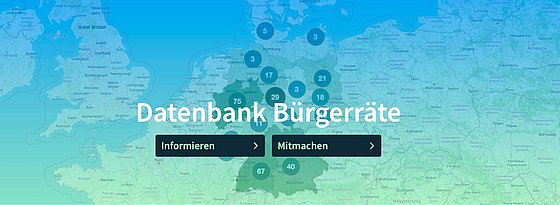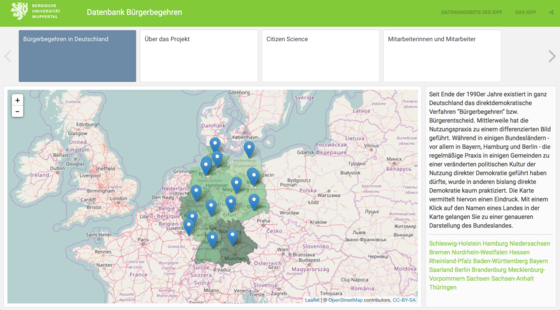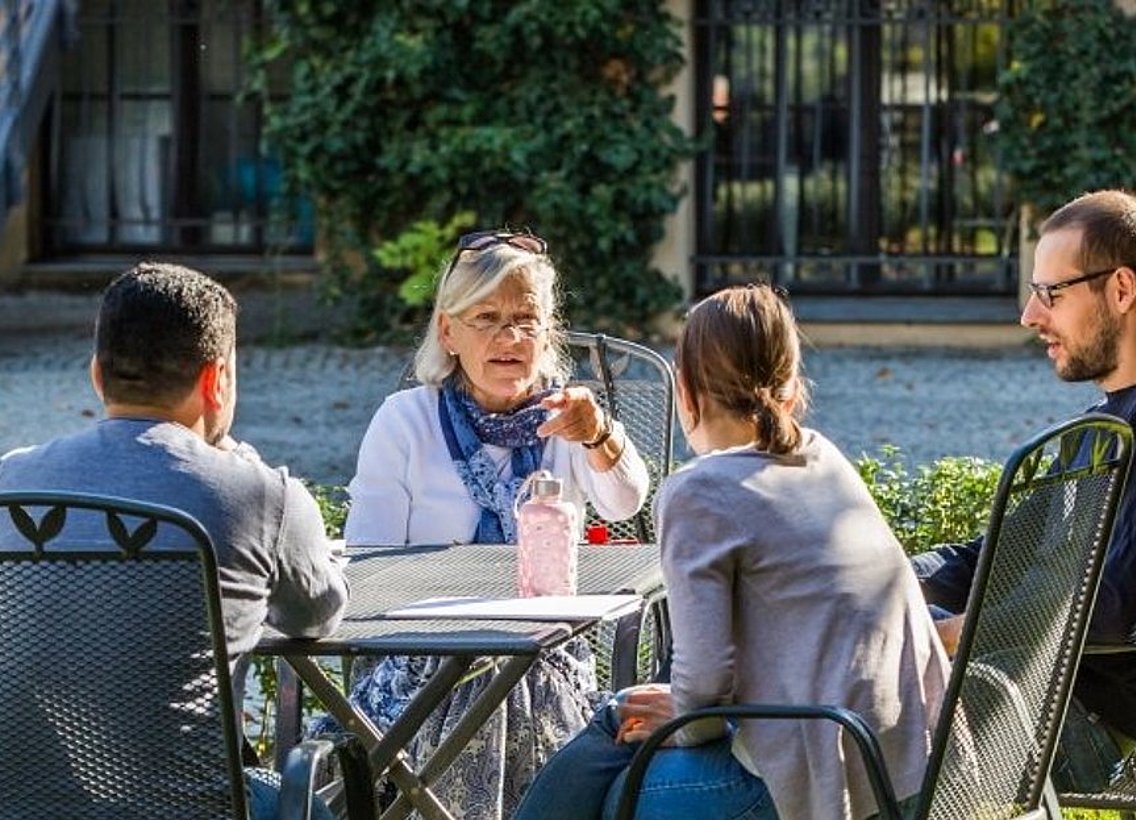Welcome.

The Institute for Democracy and Participation Research (IDPF) at the University of Wuppertal has existed since 1975, when it was established as the 'Citizen Participation Research Centre'. Among other things, the aleatory - i.e. based on random selection - participation procedure of the planning cell was developed and systematised here. It gives citizens the opportunity to contribute their opinions, life experience and expertise to political decision-making processes in a constructive and non-interest-led manner.
Current IDPF projects
Artificial intelligence and citizens' councils

The Artificial Intelligence and Citizens' Councils (KIB) project is investigating the possible applications of digital and AI tools in the context of deliberative processes. The project will develop an LLM-based AI tool (expert system) and test it in a citizens' assembly.
The project will address the following questions
1. for which known deficits of citizens' councils and citizen science can AI show a particular solution potential, for example in terms of accessibility, inclusion and knowledge transfer?
2. what limitations, particularly in the areas of reliability, impartiality, digital competences and possible influence on users, are evident when using AI and how can they be addressed so that social participation processes are meaningfully expanded and effectively enriched by the technological possibilities of AI?
Further information on KIB can be found here or on the website of the Integrated Research Cluster.
BE:ST – Citizen Energy: Structural Strengthening & Participation

BE:ST stands for "Citizen Energy: Structural Strengthening & Participation". The social and economic research project is dedicated to the basic conditions for an effective citizen energy transition in Lusatia and the Rhenish mining area. You can find more information about BE:ST here (in German).
Citizens' Councils database

The Citizens' Councils database documents deliberative citizen participation processes in Germany from 1972 to today. It categorizes assemblies by topic, procedure type, and institutional context. The database compiles cases from sources like the OECD and adds new research-based entries. Following a citizen science model, users can edit and add entries, which are reviewed before inclusion. This resource supports comparative policy research and offers practitioners a comprehensive collection of best practices. Click here to access the Citizens' Councils database.
Citizens' Petitions database

The citizens' petitions database serves the purpose of political education and aims to help publish information and findings on direct democratic procedures in Germany. It is aimed at citizens, academics, the media, public administrations, and anyone who wants to learn more about the possible applications and effects of direct democracy. Click here to access the Citizens' Petitions database.
Social partnership-based energy transition (SoPaEn)

The joint project SoPaEn is dedicated to the social acceptance of the energy transition in the skilled crafts sector at an individual, company and association level. The IDPF sub-project focuses on the attitudes of craftspeople (individual level) and the organisations of craftspeople's self-administration and interest representation (association level; photo: Markus Spiske/Unsplash). Further information can be found here (in German).
Citizen participation has long been viewed critically and suspiciously by politicians, but the political process should not be a party matter, but a matter for society. Citizen participation processes can, as is now increasingly evident, make a constructive contribution to political decision-making.

